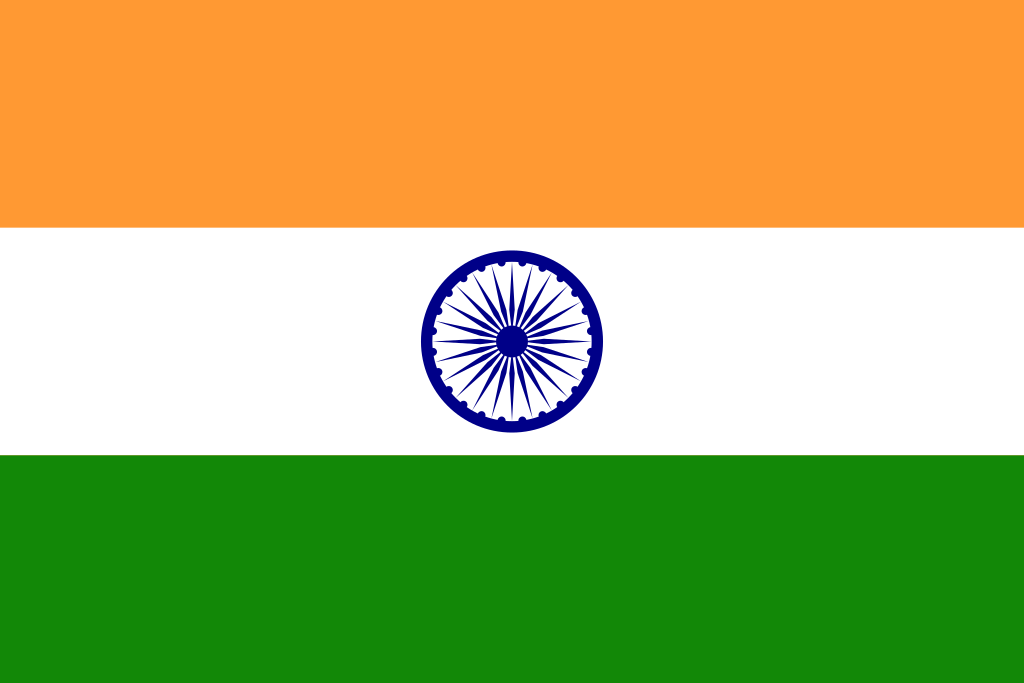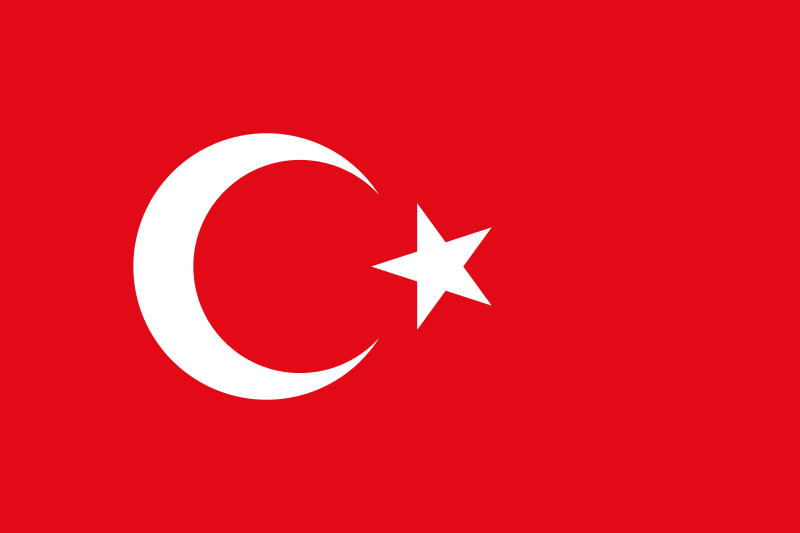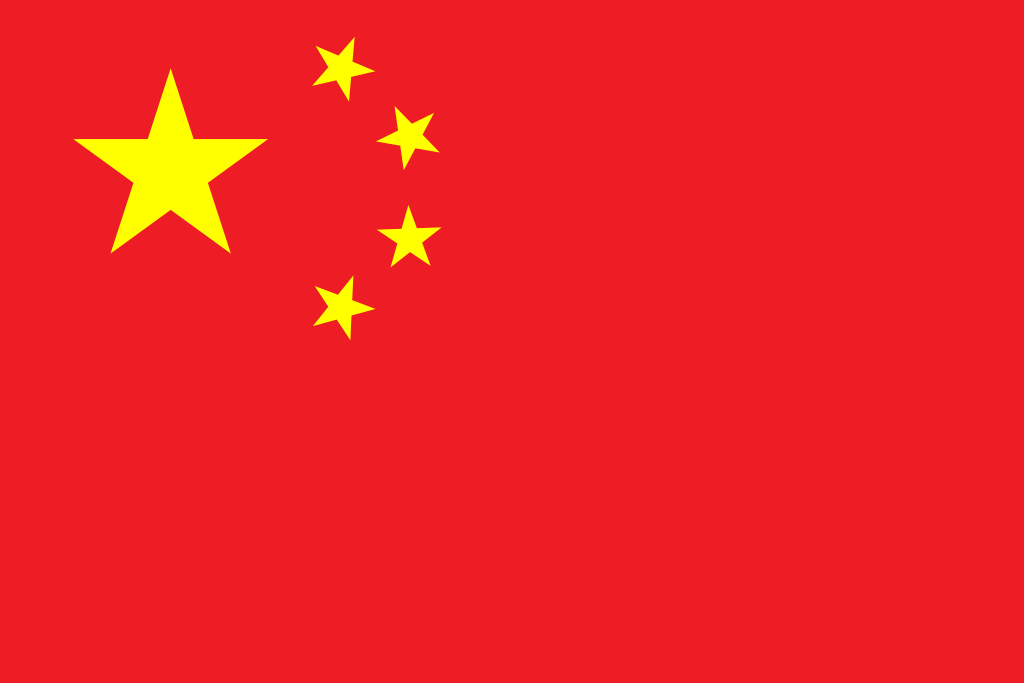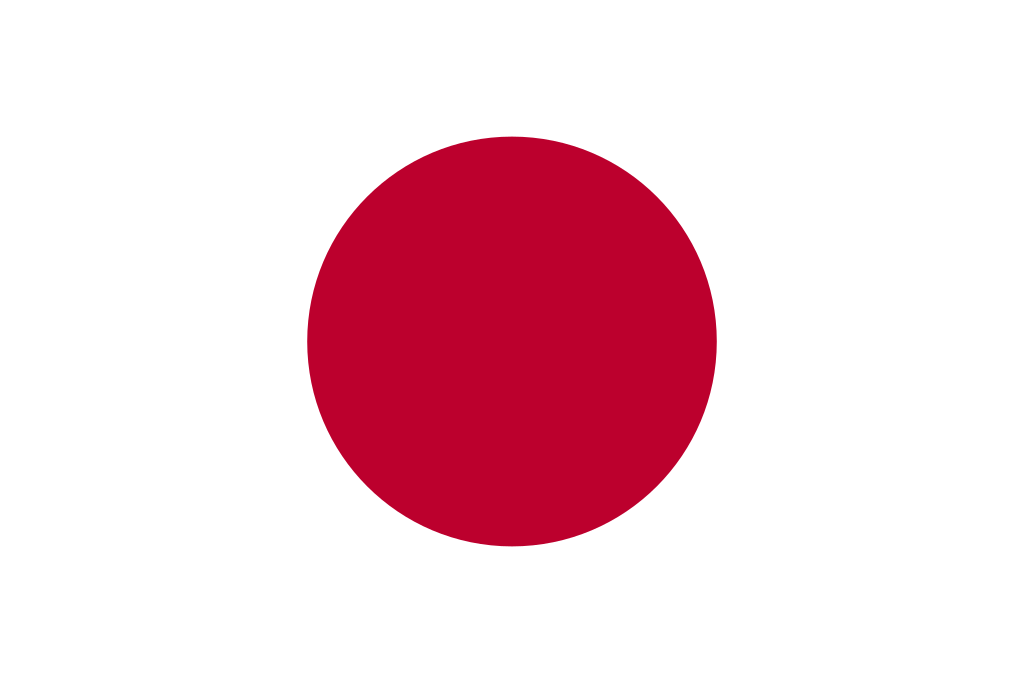
More and more countries around the world are putting in place strict data privacy laws that apply internationally. As a result, the number of countries that provide a GDPR-free shelters is decreasing.
Executives in charge of data privacy and security at companies that do business all over the world MUST use a cross-regulatory compliance strategy to stay up-to-date.
Cross-regulatory compliance means figuring out where data privacy laws overlap so that compliance efforts can be made as effective as possible. This method makes it easy for organizations to meet some of the most common requirements, like encrypting sensitive data, doing data protection impact assessments, having clear data retention policies, and telling people when a breach has happened.
Some Common Regulatory Compliance Requirements:
There are several global regulatory frameworks in place that establish specific requirements for organizations to follow when collecting and managing customer data.
- HIPAA, PCI DSS, GDPR, ISO/IEC 27001, NIST, NERC, and Sarbanes-Oxley
Some of these regulatory frameworks are industry-specific, while others apply to all companies operating in their jurisdiction.
For example, HIPAA only applies to the healthcare industry, whereas the General Data Protection Regulation (GDPR) applies to ANY organization that handles EU citizens’ personal data.
It should be noted that not all compliance standards apply to both on-premises and cloud environments. Some regulations are only applicable to cloud controls.
To get you started, here are 11 countries that have either implemented or are considering implementing comparable data privacy legislation.
11 Countries with Data Privacy Law To Note

The Australian Privacy Act 1988 establishes guidelines for the collection, use, and disclosure of personal information.
The Privacy Amendment (Notifiable Data Breaches) was added to the Act in February 2018.
Companies with an annual turnover of more than 3 million AUD must report data breaches that could cause “serious harm” within 30 days of their discovery under this amendment. Failure to do so may result in fines of up to 1.8 million Australian dollars (approximately 1.1 million EUR).
The UAE’s Federal Law No. 2 of 2019 on the Use of Information and Communication Technology in Healthcare governs the collection, processing, and storage of healthcare data.
The law imposes a range of penalties, including disciplinary measures and monetary fines of up to AED 1,000,000. Each health authority has a disciplinary committee that can impose these sanctions for a variety of violations, such as failing to follow data localization rules.


The Personal Information Protection Act of South Korea governs the processing of personal data by South Korean organizations.
Since September of 2011, it has included many GDPR-like provisions, such as consent requirements, the scope of applicable data, the appointment of a Chief Privacy Officer, and the limitation and justification of data retention periods.
India’s Personal Data Protection Bill is currently under consideration and will establish a framework for the processing of personal data in India.
It is similar in that it requires consent from data subjects , breach notification requirements, a right to be forgotten, and heavy fines for noncompliance that can be as high as 4% of global annual turnover.


The Federal Law on the Protection of Personal Data Held by Private Parties of Mexico establishes principles and guidelines for private entities’ processing of personal data.
The law provides for such penalties, which include fines ranging from 100 to 320.000 days, which can be increased for repeated violations and doubled when violations involve the processing of sensitive personal data.
Data privacy in the private sector is governed by Canada’s Personal Information Protection and Electronic Documents Act.
For the most serious offenses, companies could face fines of up to 5% of global revenue or $25 million, whichever is greater. That would raise the fine ceiling even higher than the 4% cap set by GDPR.


The Personal Data Protection Law of the Republic of Turkey. Since its adoption in 2016, it has been amended numerous times and is increasingly resembling GDPR – there have been amendments for retaining, deleting, and anonymizing personal data; registering data controllers; and so on.
Individual violations can result in fines ranging from 325 EUR to 65,000 EUR, depending on the nature and severity of the violation, and in some cases, can prohibit certain processing activities. Like GDPR, has extraterritorial application, but the fines are significantly lower.
The Protection of Personal Information Act of South Africa went into effect on July 2020
GDPR is stricter than POPIA in some ways, while the opposite is true in others. GDPR provides certain exemptions for SMEs, such as the need for a dedicated Data Protection Officer and record keeping, whereas POPIA applies to all businesses, regardless of size.
GDPR imposes significantly higher fines but no criminal charges, whereas POPIA does.


The People’s Republic of China passed the Personal Information Protection Law in November 2021.
Companies that do business in China, regardless of physical presence, must comply or face fines of up to 50,000,000 CNY (approximately 6 million EUR or 5% of global annual turnover). Individuals found responsible face personal fines of up to 1 million CNY. Serious offenses may result in the suspension or cancellation of business licenses.
The Personal Information Protection Act of Japan was amended in May 2017 and now applies to both foreign and domestic companies that process data on Japanese citizens. Companies based outside of Japan will now be subject to the Act’s strict guidelines.


There is no comprehensive data privacy law in the United States. Several states, however, have enacted their own data protection laws. The California Consumer Privacy Act (CCPA), for example, contains many provisions that overlap with GDPR.
Data Privacy is here to stay
If your data remains in an on-premises database throughout its lifecycle, maintaining data privacy compliance can be a simple task.
BUT the reality is today’s business environment, data analytics and sharing have become crucial components. Data must often be on the move to extract market-differentiating insights. However, this movement of data makes compliance with data privacy laws inherently more challenging.

Our clients and prospective clients have expressed legitimate concerns over the years about the delicate balance between using data and ensuring its security.
Data privacy is not a passing trend, but a permanent fixture in the business world. Therefore, it’s essential to prioritize addressing this issue now.
Conclusion
The primary goal of cloud security and data privacy regulations is to protect and maintain the confidentiality of sensitive data.
Security and data privacy has become more difficult to manage than ever before.
Deploying workloads and data to the cloud has exacerbated this issue. Cloud data security is difficult for two reasons: cloud storage or infrastructures have a large attack surface area and cyber threats are constantly evolving.
Cyber-attacks are on the rise, and cybercriminals are becoming more sophisticated than ever. This trend is expected to worsen, as cybercrime becomes a profitable business.
Cybersecurity and data privacy compliance remain top priorities for corporate management. Companies are turning to specialized software and consultancies to ensure personal information is protected. SUDO Consultants is the leading AWS Partner in the UAE.
SUDO Consultants, the UAE’s leading Amazon Web Service partner and Cloud Solution Provider, helps business in digitally transforming their operations through the power of the cloud.
Our expert team ensures the security and dependability of your data while providing you with a cost-effective solution that fits your budget.
- Tags:
- Compliance
- Data Privacy
- Security